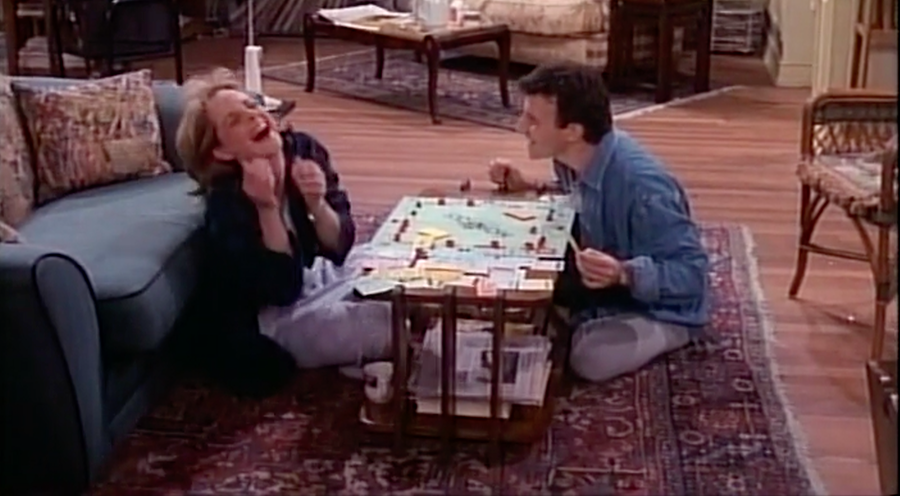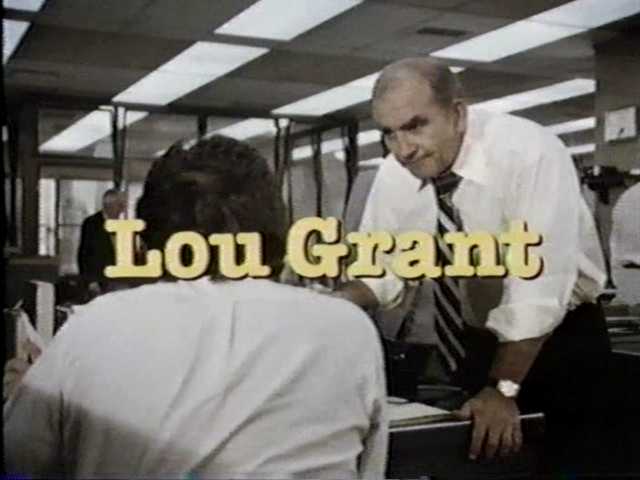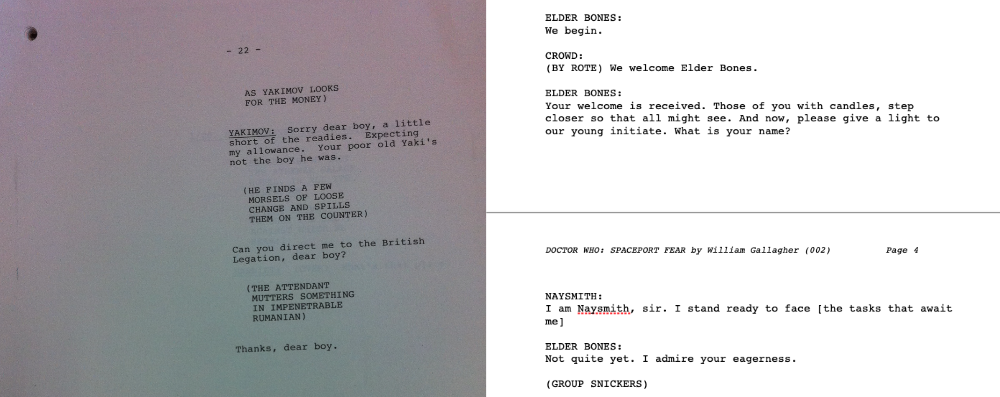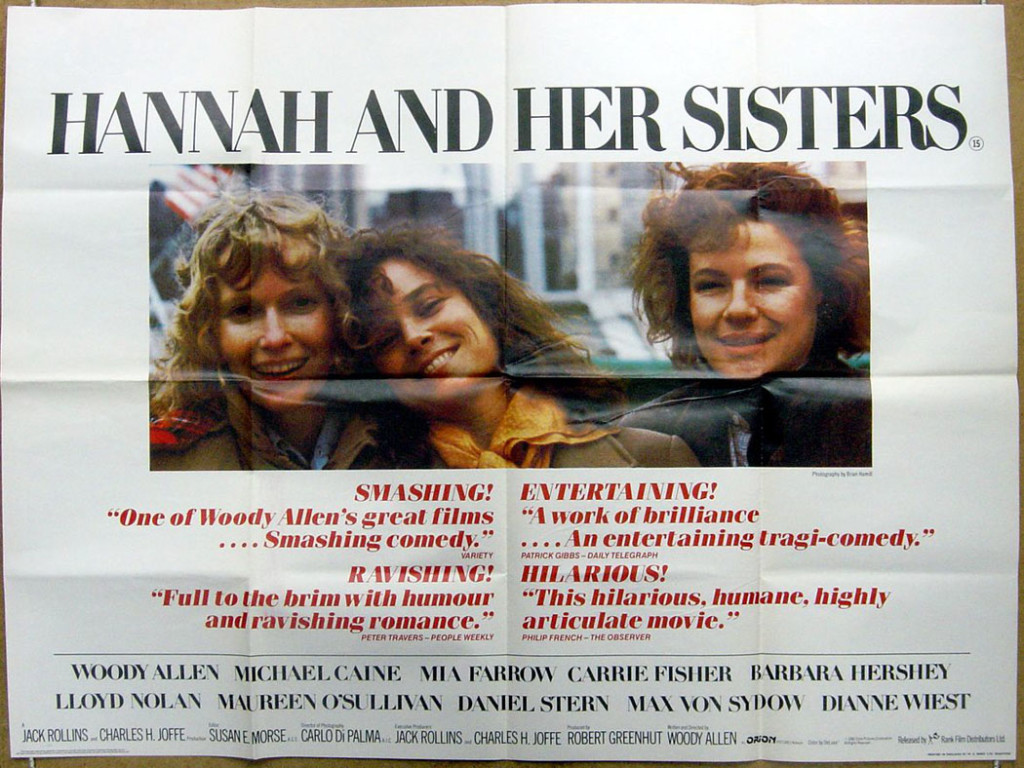There’s a pizza restaurant in London, I forget the name but it’s right in the Leicester Square theatre area. Its walls are covered with quotes, not one of which is from theatre, every one of which is from films –– and every one of which is wrong.
That’s because each famous line from a movie is attributed on these wall plaques to the actor who said it. Who said it. Didn’t write it, didn’t think it up, just said it. I have pointed out to the restaurant that I’ve said all of these quotes too, they should give me plaque.
They’re going to get back to me.
I’d understand it if they credited the line to the character and the movie, but they don’t do either. It is solely the quote and then the actor’s name.
And I think it’s tied to how you’ve seen a bizarrely frantic need for people to believe actors make up everything themselves. That can be clear in how often people or the media ask, I don’t know, Peter Mayhew just how much he’s really like Chewbacca. Or it can be more specific: actors are regularly asked if they came up with this or that superb line.
No, they didn’t.
Drama is collaboration and an excellent actor can certainly, in the moment, in the character, come up with a great line. They can’t come up with two, they can’t come up with entire scenes and dramas, and they can well come up with a line that’s brilliant in this scene but entirely screws up the ending of the movie.
I don’t actually say that to criticise, either. I know of actors who are practically proud that they only read their lines in a script and to hell with what every other character has to say, and I know of actors who are extremely successful while being like that. They’re just crap, though, what can you do?
A tremendous actor will work that script, will understand everything in it and – this is quite hard to say as a writer, but it’s true – by the end, they will indeed know their character better than you do. I still don’t trust anyone who claims “my character wouldn’t say that”, and I still do suspect they really mean “I can’t pronounce that word”. Which has happened to me.
But if you and I both accept the practicality that drama is collaboration and that everyone is working to the same goal, let me zero in on why this is really all bothering me today.
It’s partly because it bothers me all the time. The desire on the part of audiences for the actor to have made up their lines, the need for them to have done it. Two or three times now, I’ve been told of a stage show where the cast go madly off script and ad lib like crazy. Each time the person who told me this said that it made their night, that it made the show come alive so very much more than if it had been written.
And then six months later, I catch the same show further on in its tour and every single ad lib is precisely the same.
Because they were written.
Of course they were.
Which means I could be wrong here, but I just saw something I think was ad libbed – and I liked it.
I’m rewatching Mad About You, the quite bizarrely underrated 1990s sitcom by Paul Reiser and Danny Jacobson. In “Togetherness”, an episode by Steve Paymer, there’s an end titles sequence that appears to be ad libbed. It’s nothing to do with the episode, it is a callback to an equally unrelated pre-titles gag, but the studio audience roars extra hard and co-star Helen Hunt appears to break character over it.
Let me just say here that this is Helen Hunt. She’s an Oscar-winning actor, she’s a director, a producer, and a writer. If she wants to make you think she’s genuinely laughing about something, she can do it.
So I could be wrong here. Or, to use a famous line written for the show, this may not be the most right I’ve ever been.
Plus, I’ve skipped over telling you what the gag was because a) it doesn’t matter and 2) I didn’t understand it. Truly, there’s this moment, everyone loves it, I haven’t the faintest idea what it means or why it’s funny. You just know that it was something topical and perhaps that’s why I think it was ad libbed.
I’ve now looked it up and yes, it was a reference to a separate role Hunt had just played in the month that episode was recorded.
So, okay, it was a topical reference that the studio audience would get and I, thirty years later, could not. And which actually the TV viewing audience some weeks or months after the recording might not have been able to get either. That’s definitely why it was in the end titles and not a gag in the actual episode, that’s possibly why I think it was ad libbed.
But what surprises me is that I enjoyed it. I don’t understand it, and yet I enjoyed it.
Not to reveal that I have been thinking about this for four days now, but I’ve been thinking about it for four days now. The best I’ve got, the furthest I’ve got, is that I enjoyed the momentary sense of looking behind the curtain, of seeing more than the show’s writers and cast and crew presented to us.
I think when we like a show, we form a relationship with it. It’s a peculiar one since the show has never heard of us, but it’s also a quite intimate one and seeing something behind the curtain, seeing something from the wings, it’s like we’re being allowed in more than other people. It’s like our special relationship with the show is somehow affirmed.
I don’t get how we can respond like this, how we can take a real or imagined ad lib, see that it’s revealing a show is constructed, contrived, and then ignore the constructors and the contrivers and think the actors make it up. I don’t get how we can correctly know characters and yet so many people take that to mean they know the actors.
But, okay, maybe I do now understand the appeal of ad libs.



